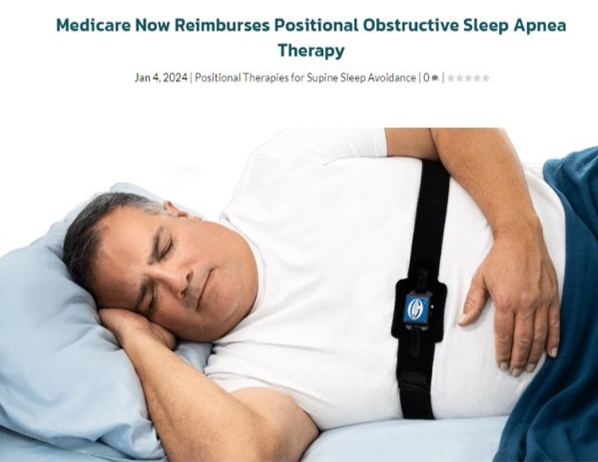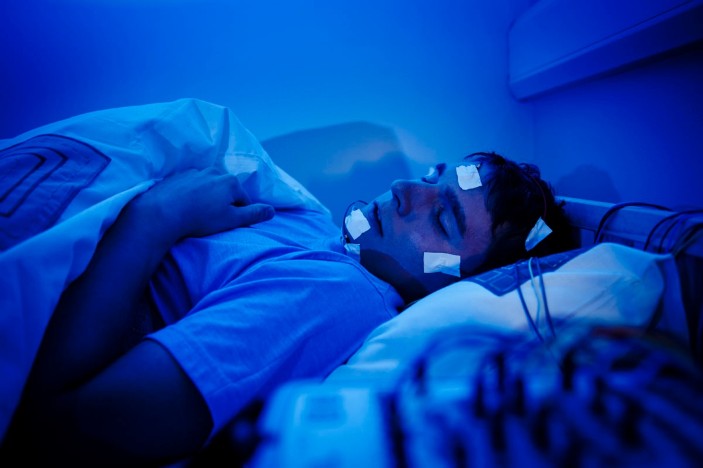Natural Insomnia Remedies - Safe and Efficient Treatments
Natural Insomnia Remedies - Safe and Efficient Treatments
Blog Article
Reliable Treatment Solutions for Handling Sleep Disorders and Enhancing Peaceful Rest
In the realm of healthcare, the monitoring of sleep problems and the pursuit for peaceful sleep are critical parts of total wellness. Effective treatment options provide a complex method to deal with these challenges, varying from cognitive behavioral interventions to alternative methods that promote leisure and mindfulness. The expedition of different methods, consisting of the assimilation of medication and light treatment, opens a world of opportunities in the quest of better sleep quality. As we navigate the detailed landscape of rest problems and seek to boost our sleep experience, a much deeper understanding of these therapy services may hold the trick to unlocking an extra rejuvenating and satisfying restorative journey.
Cognitive Behavior Modification for Insomnia (CBT-I)
Cognitive Behavior Treatment for Insomnia (CBT-I) is an organized, evidence-based treatment method that concentrates on resolving the hidden factors adding to sleep disruptions. This kind of treatment intends to change behaviors and thoughts that intensify sleep problems, inevitably promoting healthy and balanced rest patterns. CBT-I normally involves a number of essential parts, including cognitive therapy, sleep constraint, stimulation control, and sleep hygiene education and learning.
Cognitive therapy helps individuals identify and change negative thought patterns and beliefs about rest that may be impeding their ability to fall or stay asleep. Sleep constraint entails limiting the amount of time spent in bed to match the person's real sleep period, consequently enhancing sleep effectiveness (sleep disorder treatment). Stimulation control strategies aid develop a solid association in between the bed and rest by motivating individuals to visit bed just when drowsy and to prevent taking part in stimulating activities in bed
Furthermore, rest hygiene education and learning focuses on creating healthy sleep habits, such as keeping a constant sleep schedule, developing a relaxing bedtime routine, and enhancing the sleep setting. By resolving these variables thoroughly, CBT-I supplies an efficient non-pharmacological treatment for managing sleep problems and enhancing total rest top quality.
Sleep Hygiene Practices
Having actually established the foundation of cognitive restructuring and behavior adjustments in addressing insomnia through Cognitive Behavioral Treatment for Sleep Problems (CBT-I), the emphasis currently shifts towards checking out essential Sleep Health Practices for maintaining ideal rest quality and general health.
Rest health techniques encompass a variety of practices and environmental elements that can considerably influence one's ability to sleep and remain asleep throughout the evening. Constant sleep and wake times, producing a relaxing going to bed regimen, and optimizing the sleep atmosphere by keeping it dark, silent, and cool are critical components of good sleep hygiene. Restricting direct exposure to screens before bedtime, avoiding stimulants like caffeine near going to bed, and involving in regular physical task throughout the day can also advertise better sleep quality.
Furthermore, practicing leisure strategies such as deep breathing exercises or meditation before bed can help calm the mind and prepare the body for sleep. By incorporating these rest hygiene practices right into one's everyday routine, individuals can establish a healthy and balanced rest pattern that supports restful rest and total wellness.
Leisure Techniques and Mindfulness
Carrying out relaxation methods and mindfulness methods can play a critical function in promoting a feeling of tranquility and promoting high quality rest. Furthermore, directed images can help carry people to a serene place in their minds, helping in tension decrease and improving sleep high quality.
By incorporating these practices right into a going to bed regimen, individuals can signify to their bodies that it is time to prepare and loosen up for sleep. In general, integrating leisure methods and mindfulness methods can substantially add to managing rest problems and improving overall rest high quality.

Medication Options for Sleep Disorders
After exploring relaxation methods and mindfulness practices as non-pharmacological interventions for boosting sleep high quality, it is important to take into consideration medicine choices for people with sleep disorders. In cases where lifestyle changes and treatment do not provide enough alleviation, medication can be a valuable tool in managing sleep disturbances.
Typically prescribed medications for sleep disorders consist of benzodiazepines, non-benzodiazepine hypnotics, antidepressants, and melatonin receptor agonists. Benzodiazepines, such as diazepam, are sedatives that can assist cause sleep, however they are usually suggested for short-term use as a result of the threat of dependancy. Non-benzodiazepine hypnotics like zolpidem are additionally made use of to treat insomnia and have a reduced danger of dependence contrasted to benzodiazepines. Antidepressants, such as trazodone, can be helpful for people with co-occurring depression and sleep disturbances. Melatonin receptor restless leg syndrome anemia agonists, like ramelteon, target the body's all-natural sleep-wake cycle and can be useful for managing sleep patterns.
It is important for individuals to talk to a health care supplier to establish the most suitable drug alternative based on their details rest problem and case history.
Light Therapy for Circadian Rhythm Law
Light treatment, also called photo-therapy, is a non-invasive treatment approach used to manage circadian rhythms and boost sleep-wake cycles. This therapy entails direct exposure to brilliant light that simulates all-natural sunlight, which assists to reset the body's biological rhythm. By revealing individuals to certain wavelengths of light, commonly in the early morning or night depending on the preferred effect, light treatment can effectively change the body clock to click now advertise wakefulness throughout the day and improve restful rest during the night.
Research study has revealed that light treatment can be especially helpful for people with circadian rhythm disorders, such as delayed rest stage disorder or jet lag. It can likewise be valuable for those experiencing seasonal affective problem (SAD), a type of anxiety that typically takes place throughout the winter season when natural light exposure is decreased. Light therapy is typically well-tolerated and can be used along with other therapy techniques for sleep problems to maximize outcomes and boost overall rest quality.
Final Thought
In verdict, effective therapy services for managing sleep conditions and enhancing relaxed sleep consist of Cognitive Behavior modification for Sleeping Disorders (CBT-I), rest health techniques, leisure methods and mindfulness, drug options, and light therapy for body clock regulation. These strategies can assist people boost their rest quality and total well-being. It is important to seek advice from a healthcare copyright to determine one of the most ideal method for resolving rest problems.
As we navigate the detailed landscape of rest conditions and seek to boost our rest experience, a much deeper understanding of these therapy remedies might hold the key to opening an extra refreshing and fulfilling restorative trip.
Sleep constraint involves limiting the quantity of time spent in bed to match the person's real sleep duration, thereby raising rest effectiveness. Consistent rest and wake times, developing a relaxing bedtime routine, and optimizing the rest environment by keeping it dark, silent, and cool are crucial elements of great sleep hygiene. Light treatment is typically try here well-tolerated and can be made use of in conjunction with various other treatment approaches for sleep disorders to optimize results and improve general sleep high quality.

Report this page